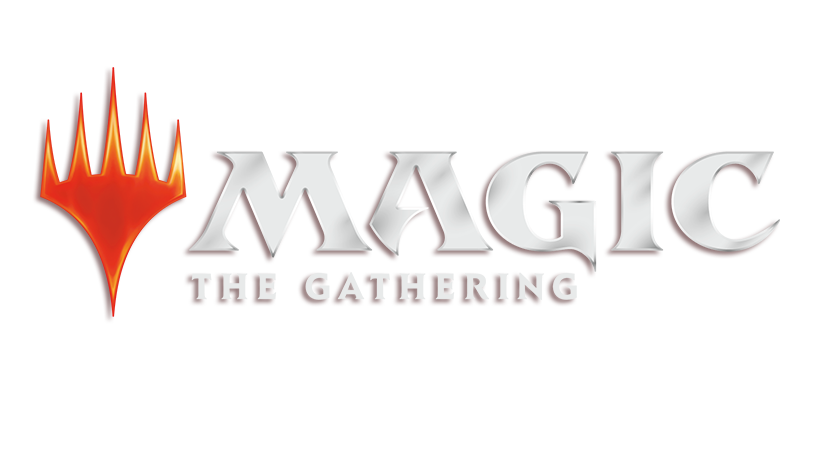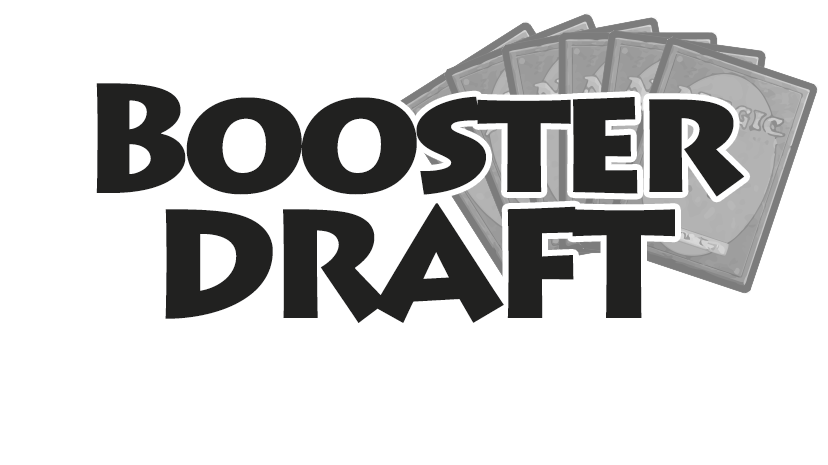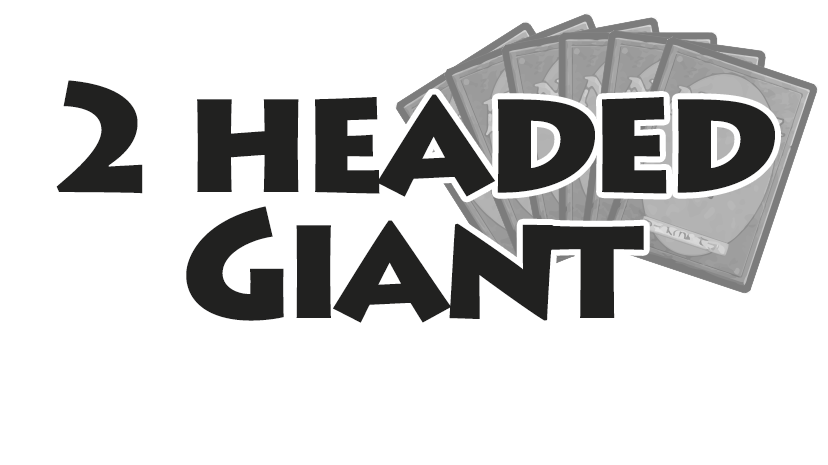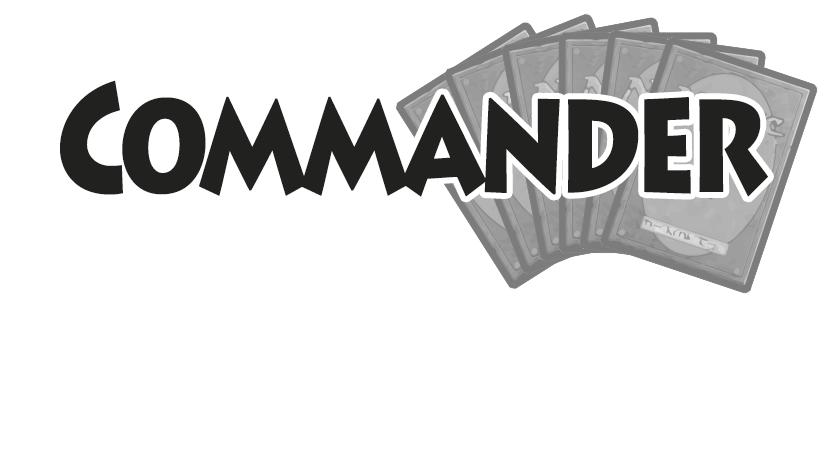Magic: The Gathering

Magic: The Gathering at Double Dane Games, LLC
Friday Night Magic
Every week on Friday nights, Double Dane Games hosts a social gathering for fans of Magic: The Gathering at the Central Square Mall in Grand Rapids, Mn. It’s a great way to meet other players, play some matches, check out new cards, test your latest deck designs, and most importantly, have fun!
All players are welcome at Friday Night Magic. It doesn’t matter if you’re just starting out, have played a lot of Magic Duels, or even if you’ve been playing at home or at school with friends for years, you’ll find a new home-away-from-home at DDG. Our Friday Night Magic events feature an organized tournament in many formats for players who are ready for a little friendly competition and the chance to win some prizes. If that’s not your thing, don’t worry! There’s still plenty of fun to be had just hanging out and playing casual pick-up games with players who love Magic as much as you do.
Before heading over to a Friday Night Magic event at DDG, you might want to create a Wizards account (it takes less than a minute)! When you create a Wizards account you receive a player ID number, called a DCI number, which you’ll need in order to play in any kind of official Magic tournament.


Magic Products



Double Dane Games MTG Schedule
Upcoming Events
may, 2024

About MTG Formats

Standard Format
A Standard deck consists of a minimum of sixty cards from standard legal sets. Although there is no maximum deck size, a player must be able to shuffle his or her deck without assistance. Standard format provides for an optional sideboard of up to 15 fifteen cards. A player’s sideboard and deck combined may not contain more than four copies of any given card (land cards excepted).
More Info: https://mtg.gamepedia.com/Standard

Draft Format
Players to build their decks from a limited pool of cards distributed via a draft. Each player (seated randomly at a table in groups of eight) will open a booster pack from the current drafting format, choose a card and place it face-down on the table. The rest of the pack is then handed to the player on the left. Once all cards are chosen, players are given a minute to examine them. After that, another booster pack is opened with drafting now proceeding to the right. Again, cards are chosen and a short assessment is made before opening and drafting the third and last pack, drafting to the left. In the end, each player will have 45 cards to construct their deck. Minimum deck size is 40 cards plus as many basic lands as wanted. Any cards drafted may optionally be used in a sideboard.
Learn More: https://mtg.gamepedia.com/Booster_draft

Modern Format
In Modern players construct a deck containing a minimum of sixty cards from Eighth Edition forward with the exception of cards on the banned list. The player must be able to shuffle the deck unassisted. A sideboard of up to 15 cards can also be used. Excepting basic lands and some other cards designated as an exception to this rule, players may have no more than four of any given card in their combined deck and sideboard.
Learn More: https://mtg.gamepedia.com/Modern

Two-Headed Giant
The Two-Headed Giant format consists of two teams of two who play a single game against each other. Each team’s combined decks may not contain more than four of any given card. Sideboards are not used in constructed 2HG, and if a card is restricted in a particular format, no more than one of that card may be used. The players on a team lose or win together, sharing life totals (30 life) and 15 poison counters. Each team takes their turn together, drawing as a team, attacking as a team, blocking as a team, and going through all phases of the turn as a team. They don’t share any resources (cards in hand or mana) other than life, but may plan and share information with each other. Creatures attack the team rather than a single player. However, each player can block attacking creatures as if they were being attacked specifically. Likewise, damage is dealt specifically to a player, even though the resulting reduction in life total is shared.
Learn More: https://mtg.gamepedia.com/Two-Headed_Giant

Commander
Commander is a casual multi-player format where players construct a deck containing exactly 100 cards. The deck is based around a legendary creature designated as the Commander or General. All cards used in the deck must have a different name (excepting basic lands) and each must have a color identity that is a subset of the General’s color identity. A card’s color identity is the card’s color plus any mana symbol that appears on the card (excepting reminder text). All cards are legal in Commander excepting (generally) cards from the “Un-sets” and cards on the banned list. In Commander, players have a special location called the command zone where their commander starts the game. A commander may be cast from the command zone for its normal cost plus {2} for each previous time it has been played. If a commander would go to a graveyard, hand, library or exile from anywhere, it may instead put it in the command zone. If a player is dealt 21 points of combat damage from a single commander over the course of the game, that player loses the game.
Learn More About Commander: http://mtgcommander.net

Pioneer Format
Pioneer is a nonrotating format featuring cards from Return to Ravnica and forward. Pioneer is a constructed format and therefore adheres to the following constructed rules. A deck must contain a minimum of sixty cards. There is no maximum deck size, as long as you can shuffle your deck unassisted, and your sideboard (if used) may contain no more than fifteen cards. With the exception of basic lands (Plains, Island, Swamp, Mountain, Forest, and Wastes), your combined deck and sideboard may not contain more than four of any individual card, counted by its English card title equivalent. All Standard releases from Return to Ravnica forward are legal.
Certain cards are banned in Pioneer. Learn more here: https://magic.wizards.com/en/game-info/gameplay/formats/pioneer

